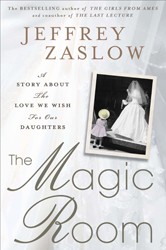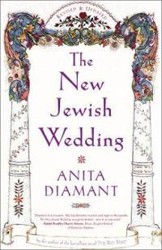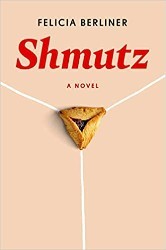Levirate marriage—yibbum—is a marriage between a man and the childless widow of that man’s brother, with the goal of producing a child. It is a paradoxical kind of marriage— under normal circumstances, such a marriage between in-laws would be forbidden. It is confusing — to what degree is the dead brother still a part of this relationship? Is the child his? It is disturbing — in principle, the marriage can be consummated against the will of the woman.
Weisberg’s book focuses on the extensive discussions of yibbum in rabbinic literature— the Mishnah, the Tosefta, and especially the Babylonian Talmud. Her line-by-line textual analysis is freshened and illuminated by insights from anthropologists who have studied similar institutions in other cultures, especially among African tribes. There are some interesting insights into what the rabbis thought about family, the tension between a married couple and their extended network of relatives, and the different interests and intrigues that can complicate that situation. Bibliography, index, notes.




